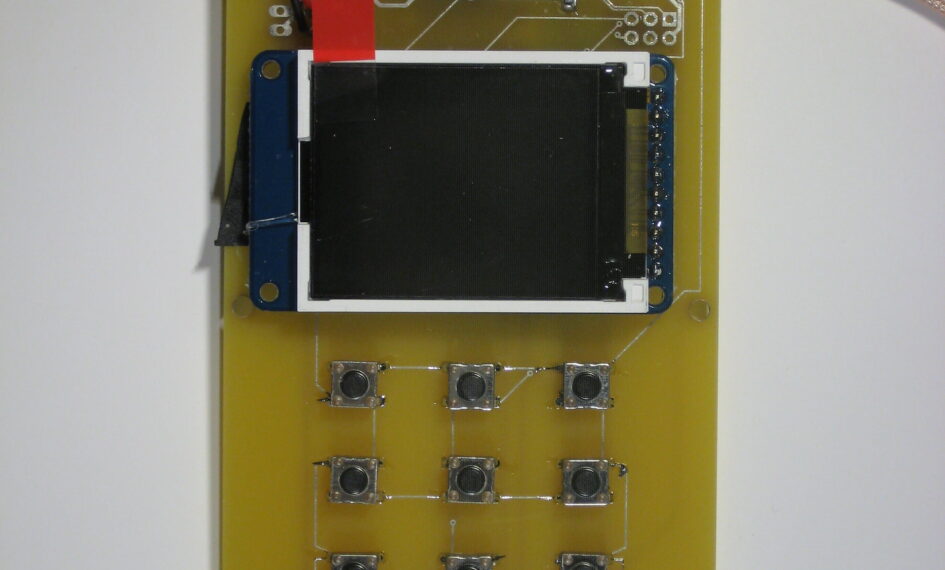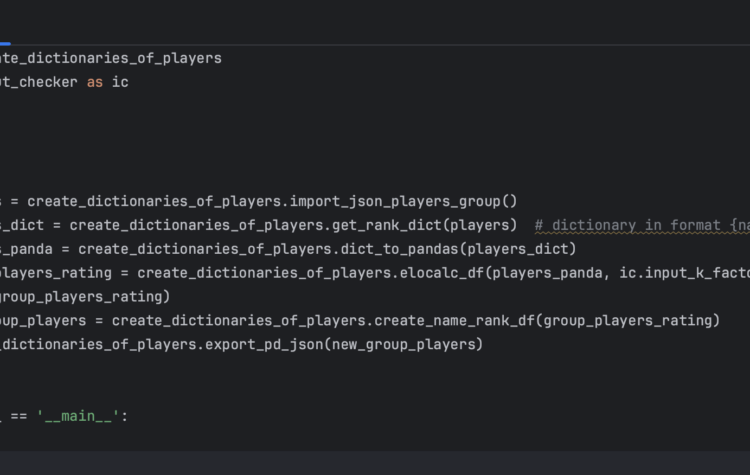- Definition: A prototype is an early sample, model, or release of a product built to test a concept or process. It serves as a typical example or an original model from which other forms are developed or copied. In product development, prototypes are used to evaluate a new design, enhance precision by system analysts and users, and are considered a key step in the design process.
- Etymology and Origin:
- The word “prototype” comes from the Greek “prototypon,” which is a compound of “protos,” meaning “first,” and “typos,” meaning “impression,” “model,” or “type.” So, it literally translates to “first model” or “original form.”
- The use of the term in English dates back to the early 16th century. Initially, it was primarily used in the context of theology to refer to the first or primitive form of something.
- Over time, its usage expanded beyond theological contexts to include the first or preliminary model of any newly designed object or concept, particularly in engineering, design, and computer science.
The evolution of the term “prototype” from its Greek origins reflects its broader application in modern technological and design processes, emphasizing the importance of creating and testing initial models as a key step in innovation and development



